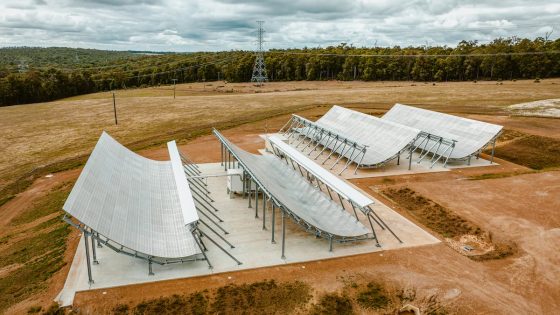On March 25, six IHC judges — out of a total strength of eight — wrote a startling letter to the Supreme Judicial Council (SJC) members, regarding attempts to pressure judges through abduction and torture of their relatives as well as secret surveillance inside their homes.
The letter was signed by judges Mohsin Akhtar Kayani, Tariq Mehmood Jahangiri, Babar Sattar, Sardar Ejaz Ishaq Khan, Arbab Muhammad Tahir and Saman Rafat Imtiaz.
Addressing the 5th Asma Jahangir Conference with the theme of ‘People’s Mandate: Safeguarding Civil Rights in South Asia’, Justice Shah said: “Firewalling is very important. There can be no external interference in our affairs. The judiciary will stand united against any interference that comes into our system and we take it seriously.”
Justice Shah said that all institutions must realise that “if there is no justice then they cannot exist”, adding that it was better for everyone if the justice system worked independently. “Every institution is weakening itself if you weaken the justice system,” said the Dawn report, quoting Justice Shah.
“The justice system has to be strong, robust and independent for all the other institutions to develop, grow and prosper,” he added.
SC to take up matter on April 30
The Supreme Court has clubbed a set of ten petitions and applications seeking the court’s intervention in response to allegations of “intelligence agencies meddling in judicial affairs”.
Headed by Chief Justice of Pakistan (CJP) Qazi Faez Isa, the bench includes Justice Syed Mansoor Ali Shah, Justice Jamal Khan Mandokhail, Justice Athar Minallah, Justice Musarrat Hilali, and Justice Naeem Akhtar Afghan. They will resume the case on April 30, initiated on a suo motu.
The case so far
A day after the letter by IHC judges went public, calls emerged from various quarters for a probe into the investigation, amid which CJP Isa summoned a full court meeting of the Supreme Court’s (SC) judges.
After a meeting between CJP Isa and Prime Minister Shehbaz Sharif on March 28, the duo decided to form a commission to investigate the concerns of interference in judicial affairs following the cabinet’s approval. However, former CJP Tassaduq Hussain Jillani, who was appointed to head the commission, subsequently recused himself from the matter, leading to the apex court taking a suo motu notice of the issue.
On April 3, CJP Isa asserted that “any attack” on the judiciary’s independence would not be tolerated as he hinted at forming a full court to hear a suo motu case pertaining to allegations of interference in judicial affairs.
Appointment of judges
Meanwhile, Justice Shah said that the judiciary needed to revisit how the judges were appointed at all levels and look at the examination pattern followed.
“The appointment process has to be state of the art,” he said, adding that judges should only be appointed on merit.
Justice Shah said that the appointment of cases was another matter that needed to be addressed, adding that the best decision in the matter was the Practice and Procedure Act which regulated the bench of the Supreme Court.
“We have to strengthen the Practice and Procedure Act,” he said, adding that the institution was very “Chief Justice-specific-centric-driven”.
(With inputs from Dawn)
Source Agencies




